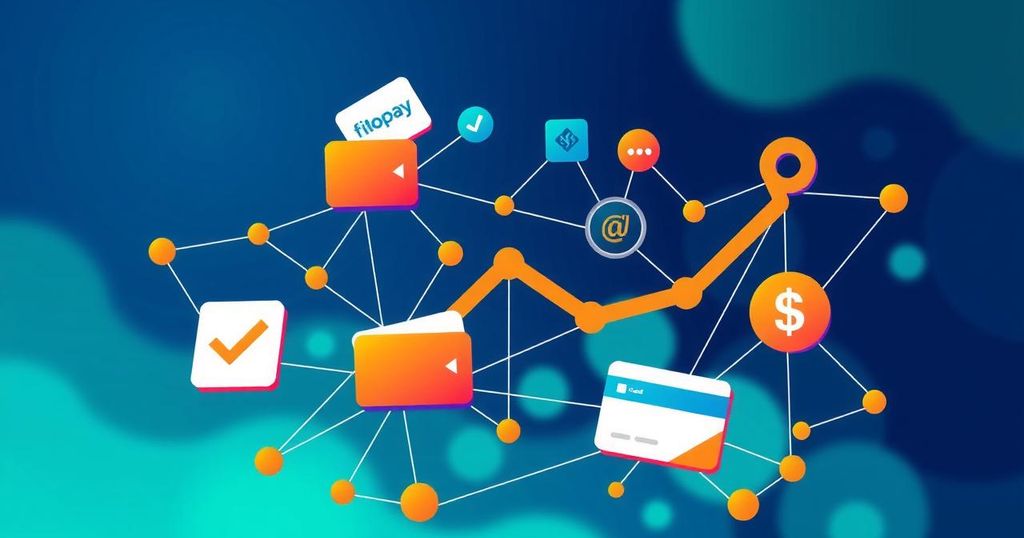Network International is expanding its contribution to Nigeria’s fintech industry by offering secure transaction infrastructure. The company’s Lagos office acts as West Africa’s headquarters, emphasizing a commitment to financial inclusion. Through technology and local partnerships, Network International aims to improve digital payments in a country that faces infrastructure challenges. They are addressing payment delays with redundant systems and are also developing services for rural communities.
Network International, a prominent digital payments service in Africa and the Middle East, is making strides in Nigeria’s fintech scene by providing robust transaction infrastructure as startups expand. With its headquarters in Dubai, the firm is establishing Nigeria as a primary market within its African operations, which spans over 50 countries.
Dr. Reda Helal, the Group Managing Director for Processing in Africa, shared insights in an interview with The PUNCH. He outlined how the Lagos office serves as a regional headquarters for West Africa, highlighting Network International’s dedication to the country’s digital payment landscape. “Nigeria is a strategic hub,” Helal emphasized. “We are investing in technology, local partnerships and talent to support financial inclusion and cashless growth.”
The company focuses on providing backend infrastructure and application programming interfaces (APIs) that enable fintech firms to seamlessly integrate various payment channels—cards, wallets, and bank transfers. They also equip businesses with AI-driven fraud detection systems, offering a layered approach to security. APIs are essentially guidelines that allow different software systems to work cooperatively, adding significant value to fintech innovations.
One pressing issue in Nigeria’s payment sector is the frequent delays and failures in transactions. Helal noted that to tackle these, Network International has rolled out redundant systems and real-time monitoring to bolster reliability. “We work around the clock in Nigeria to keep payments flowing,” he said, adding, “If one route fails, another one kicks in automatically.” This proactive strategy aims to enhance the user experience in a fast-evolving market.
Network International is not just relying on technology alone; they understand that access to financial services needs more than just tech solutions. Helal remarked on the necessity to address the needs of rural communities where residents often lack smartphones and banking opportunities. “You have to meet people where they are,” he explained, pointing out that solutions such as Unstructured Supplementary Service Data (USSD) on basic phones, along with local agents and cooperatives, play a crucial role in financial accessibility.
USSD enables users to execute tasks by entering short codes on their phones, all without requiring an internet connection—an invaluable service for those in underserved areas. In collaboration with mobile money operators and other local entities, Network International is developing services tailored to rural users.
Furthermore, the Central Bank of Nigeria is actively promoting a reduction in cash use. Helal indicated that Network International is backing this initiative with offerings like virtual cards, QR code payment systems, and digital payment solutions for micro, small, and medium-sized enterprises. “We’re doing this in partnership with banks, fintechs and regulators to ensure solutions fit the local context,” he said, stressing the importance of contextualized financial solutions to drive meaningful change.
In conclusion, Network International is playing a vital role in Nigeria’s burgeoning fintech sector, focusing on infrastructure that propels digital transactions forward. Through strategic investments and collaborations, they aim to enhance financial inclusivity, especially in rural regions where access to banking remains a challenge. The company’s commitment includes integrating technology with local knowledge, ensuring that the solutions are tailor-made for the Nigerian market. As the Central Bank of Nigeria pushes for reduced cash reliance, Network International seems well-positioned to contribute significantly to the digital payment landscape.
Original Source: punchng.com






